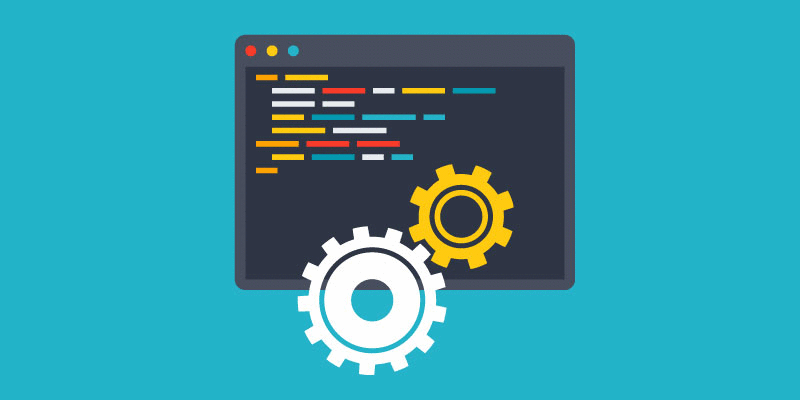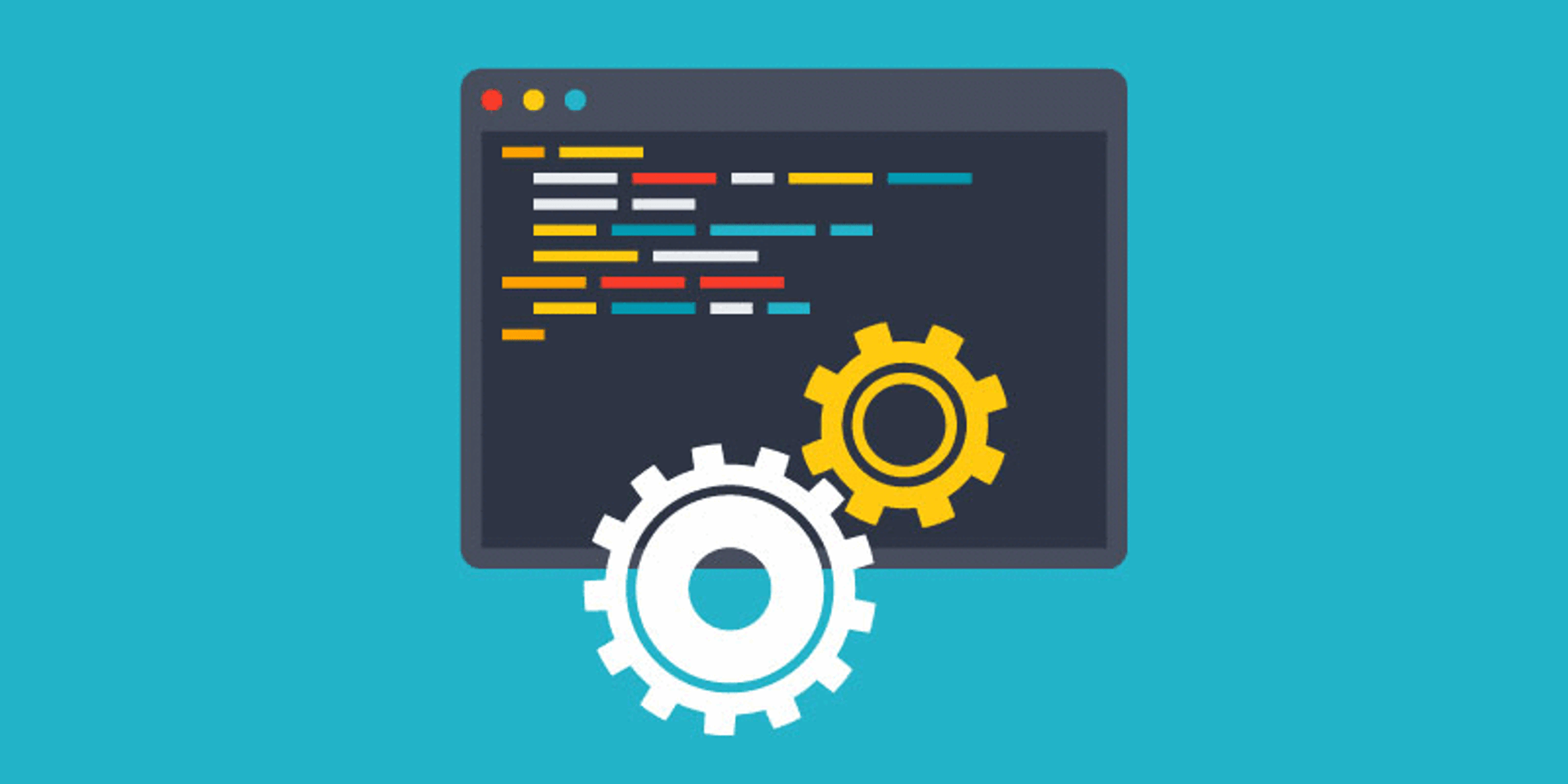The Application Programming Interface (API) is driving value with simplicity
Although widely adopted and lucrative, transport or hospitality are not the fastest growing API categories. Social and financial service APIs have reported the fastest growth in the last few years.

The world’s leading directory and information source for all things API, the Programmable Web boasts over 19,000 API listings on its website today. While it took five years for the website to reach its first 2,000 APIs, it has recorded an average of 2,000 APIs every year since 2014. From transport and hospitality to ecommerce to financial services, businesses across industries have taken the plunge into the API economy.
The popular and first-of-its-kind ride-sharing service Uber’s effective API strategy is one of the reasons for its phenomenal success. Its close integration with Google Maps through APIs lets users book a ride from the navigation service without having to switch to the Uber app.
Next, the use of APIs to connect to payment gateways across the 83 countries and 674 cities the service is available in makes for a seamless experience for the user and efficient execution for the company in the second leg of the transaction. APIs are at the centre of this service-aggregator model to match the buyer and the seller, the foundation of many a fledgling that have capitalised on network effects to emerge as leaders revolutionising their respective industries.
Although widely adopted and lucrative, transport or hospitality are not amongst the fastest growing API categories. Social and financial service APIs have reported the fastest growth over the last few years. And the interplay of these two categories is already underway in markets such as India where leading communication chat service WhatsApp is making seamless payments possible through integration with the country’s Unified Payments Interface (UPI) system.
APIs are certainly gateways enabling the convergence of services and clever business models around them. But even technologies driving the truly digital future of banking bank on these simple software programmes for communication. A Siri that currently services your request such as booking tickets at a voice command will be capable of doing much more as advances in technology continue. Emerging technologies such as AI, IoT, and Blockchain invariably figure in the top R&D and investment priorities for leading technology giants of the world as they drive the evolution towards a truly digital future. But the success of all these technologies hinges on the ability to fully leverage the promise of the API economy. We look at the four key tenets of this truly digital future and how APIs are at the heart of it.

Frictionless customer experience
In the digital future, winners will be those that not only offer their customers the best products and services, but also frictionless experiences, making it easier for a customer to consume their product or service.
Digibank by DBS can open an account for new customers within 90 seconds by leveraging the bank’s own API, API from Aadhar, and API from UPI, to seamlessly authenticate, validate, and perform a KYC check, all the while meeting regulatory requirements.
Economics of the business ecosystem
In a truly digital future, banks will cultivate richly diverse ecosystems that go beyond their group of companies and extend to partners, fintechs, regulators, logistics, insurance, excise companies, and more. By exposing APIs and sharing data, each participant will have to ensure the benefits to the ecosystem as a whole. Thus, a network like India Trade Connect for digitising trade finance business process may well be extended to syndicated lending, or sector-specific commercial banking services with more diverse set of participants in the ecosystem.
Comprehensive automation and AI
Exponential productivity or efficiency gain can no more be achieved through incremental automation. It is a step function that can be achieved by exposing an API to deploy RPA and machine learning for a self-healing system that gets better with time. Furthermore, if extended beyond the bank to a wider set of players, its benefits can extend throughout the ecosystem.
Secondly, in 2018, a lot more banks will participate in Blockchain networks. For a technology such as a Blockchain that cannot work in isolation but requires talking to back-end host systems that are age-old legacy systems in most banks, APIs form the crucial gateway or interface to make it work. In India, ICICI and Emirates NBD have put their remittance transactions on a Blockchain network enjoying the radical benefits of bringing down the turnaround time to less than 30 seconds.

Insights – every time, everywhere
Lastly, a truly digital future is fiction at best if it doesn’t bank on insights every time everywhere. This is a future where technologies like machine learning and natural language processing will feed of real-time intelligence and insights, and this warrants exposure and consumption of more and more APIs. Banks will not only consume these insights but also monetise them by opening APIs to share transaction data for enriching customer information or for exchanging fraud-related information.
The key pillars of truly digital banking above clearly attest to the fact that APIs are the cornerstone of a truly digital future.
So the next time a service provider delights you with a fulfilment experience that’s faster than you expect it to be, or Siri surprises you with a response, or even in the quick but not-so-successful attempt where an application denies you a loan in less than 10 minutes, you know what’s making the behind-the-scenes talking happen. It’s APIs driving value with simplicity.
(Disclaimer: The views and opinions expressed in this article are those of the author and do not necessarily reflect the views of YourStory.)



